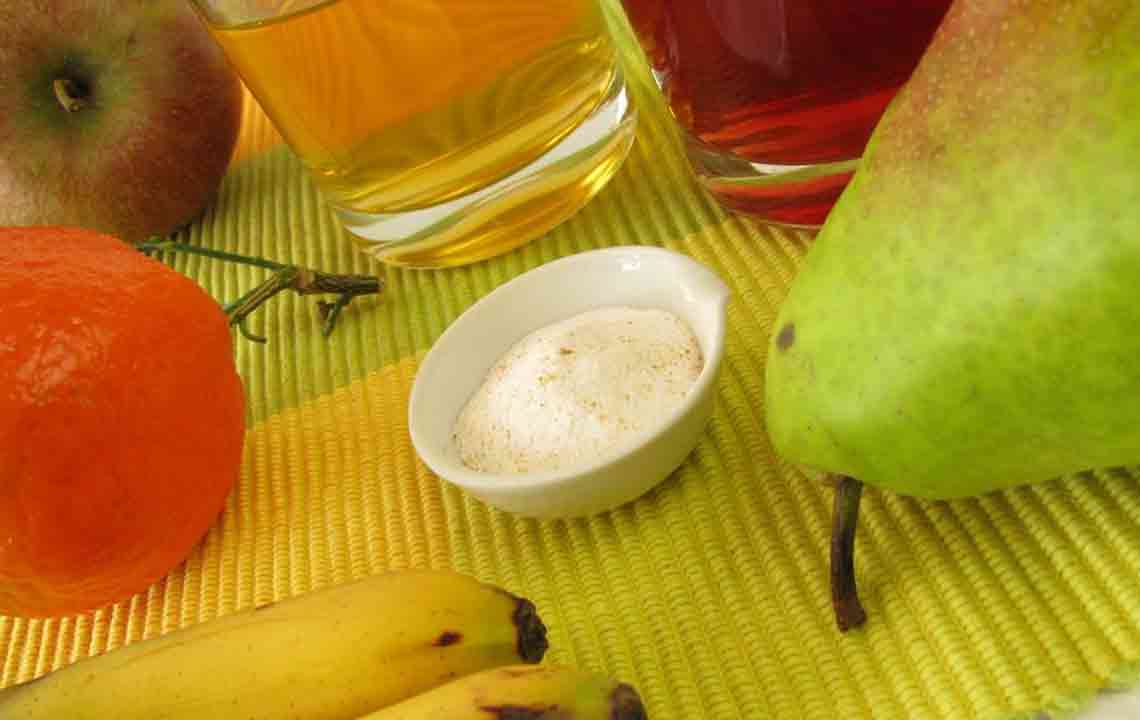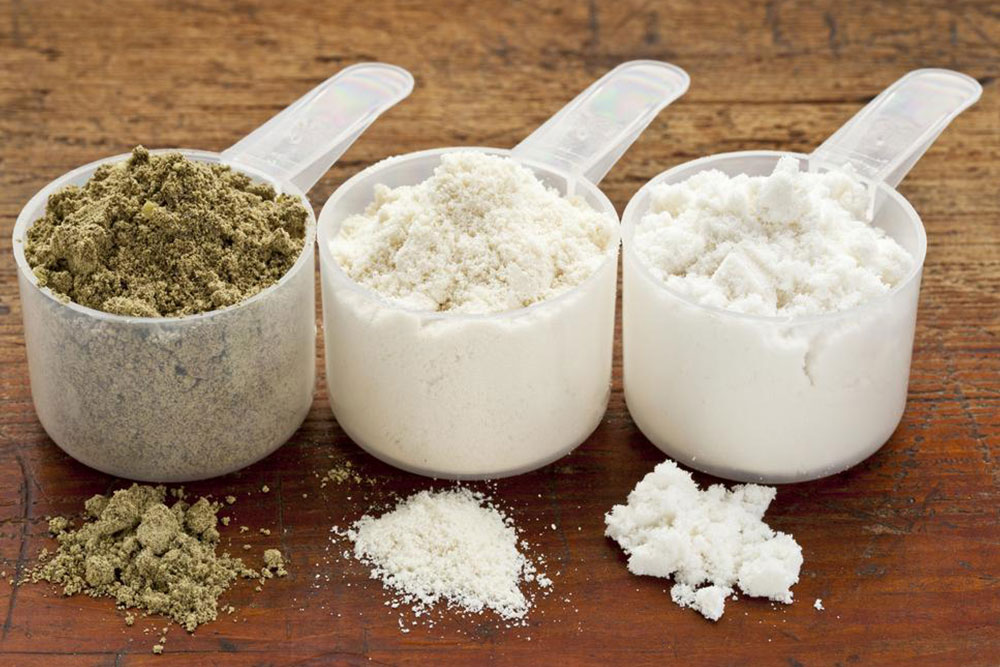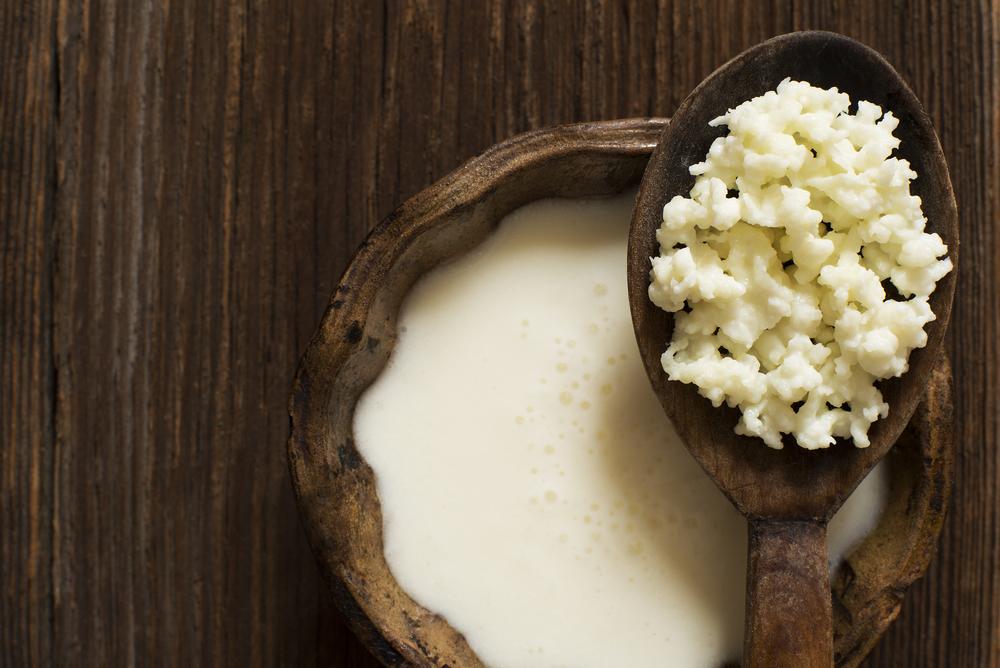Understanding Probiotics: How They Enhance Health and Their Benefits
Discover how probiotics work and their wide-ranging health benefits. From improving gut health and preventing infections to supporting skin and pregnancy health, probiotics play a vital role. This article explores different probiotic foods, their mechanisms, and recent research highlighting their importance in overall wellness. Learn how they help restore beneficial bacteria, fight harmful microbes, and enhance immunity, making probiotics an essential supplement for many health conditions and preventive care.

Understanding Probiotics: How They Enhance Health and Their Benefits
Probiotics, most famously associated with yogurt, are live microorganisms credited with positive health effects when consumed. While yogurt remains the most recognized source, the market now includes various probiotic-rich foods like kefir, sauerkraut, miso, kimchi, kombucha, and tempeh. The World Health Organization defines probiotics as beneficial live microbes, with CFU (colony-forming units) indicating their concentration. Different strains offer diverse health advantages, and ongoing research explores their specific functions, such as replacing beneficial bacteria lost during antibiotic treatments or combating harmful bacteria in the gut.
How Probiotic Products Work
Some well-known probiotic foods include unpasteurized yogurt, kefir, sauerkraut, miso, pickles, tempeh, kimchi, and kombucha. Different strains target various health conditions by restoring or maintaining healthy gut flora. Probiotics help displace harmful bacteria and improve digestion. They are beneficial in conditions like antibiotic-associated diarrhea, infectious diarrhea, irritable bowel syndrome, and inflammatory bowel disease. Additionally, research indicates probiotics may support skin issues such as eczema, urinary, and vaginal health, and help prevent allergies and colds.Probiotics assist in preventing urinary tract infections by establishing beneficial bacteria that block pathogenic growth, especially in women prone to recurrent infections. Using probiotics as vaginal suppositories has shown promise in managing and preventing yeast infections, which are linked to preterm labor risks during pregnancy. Furthermore, emerging studies suggest probiotics could bolster immune responses and aid weight management in overweight individuals.
Important Notice:
Our blog shares diverse, informative content to support your health journey. The information presented is based on current research and should not replace professional medical advice. We disclaim responsibility for discrepancies or updates in data and encourage consulting healthcare providers for personalized guidance.










